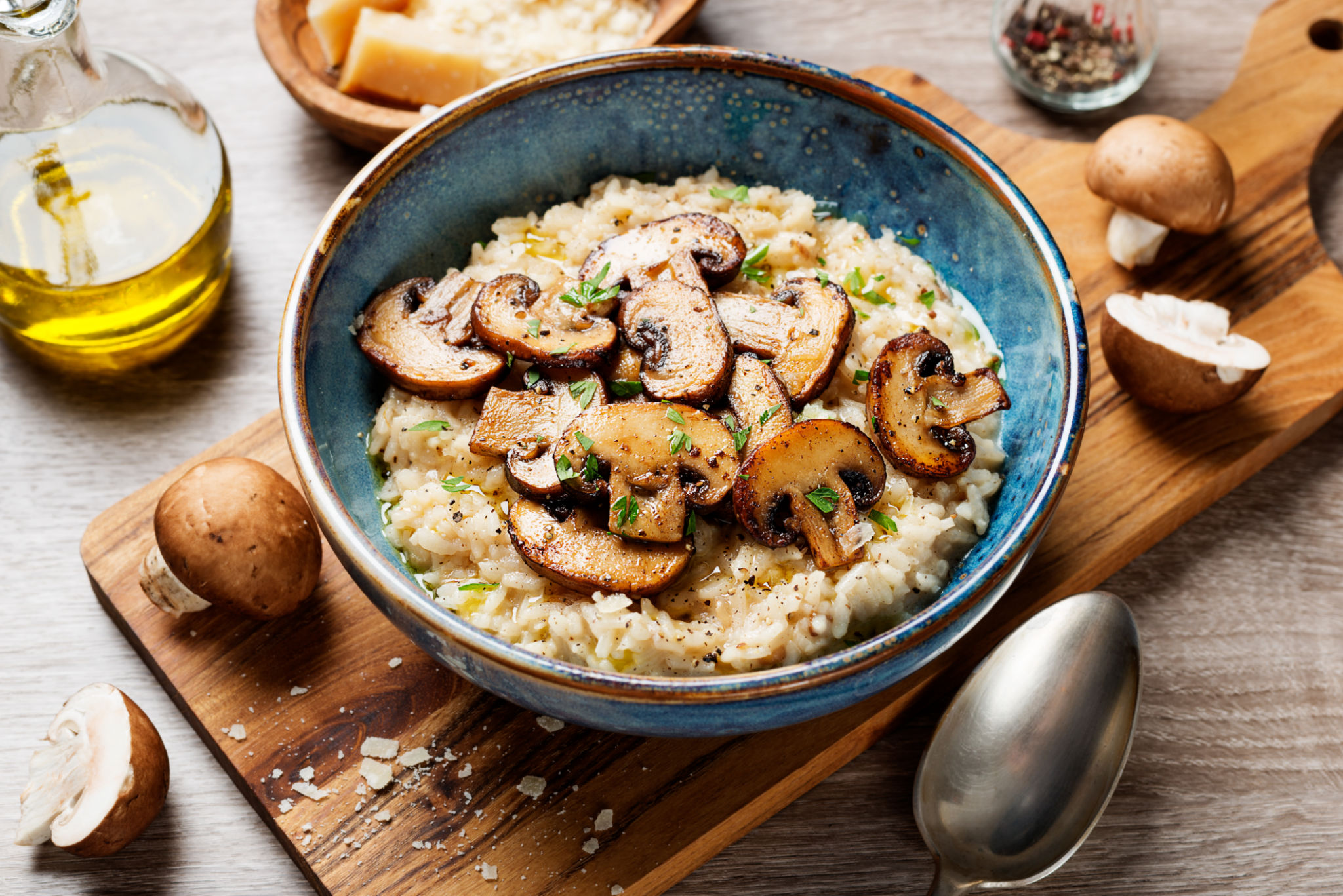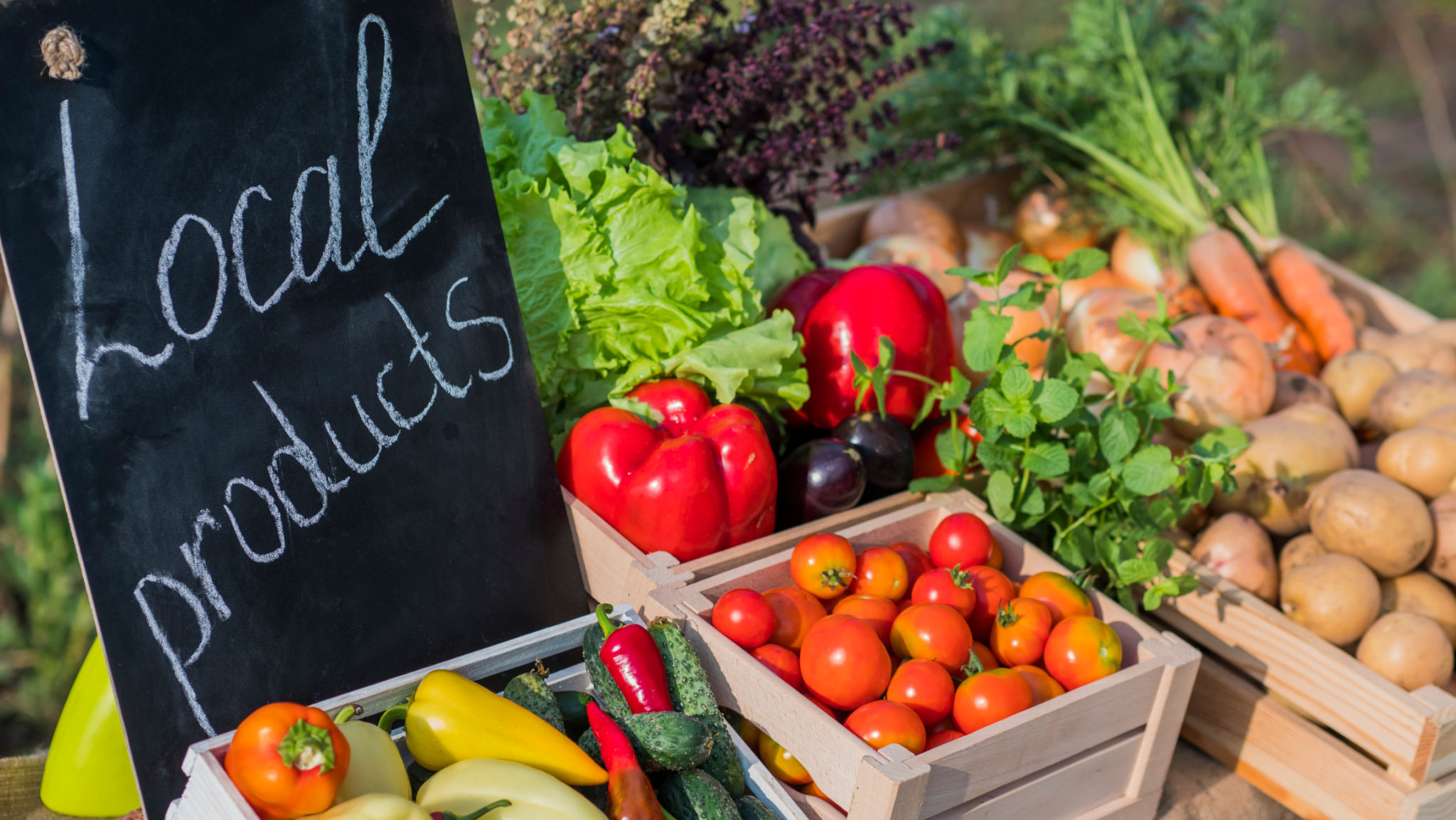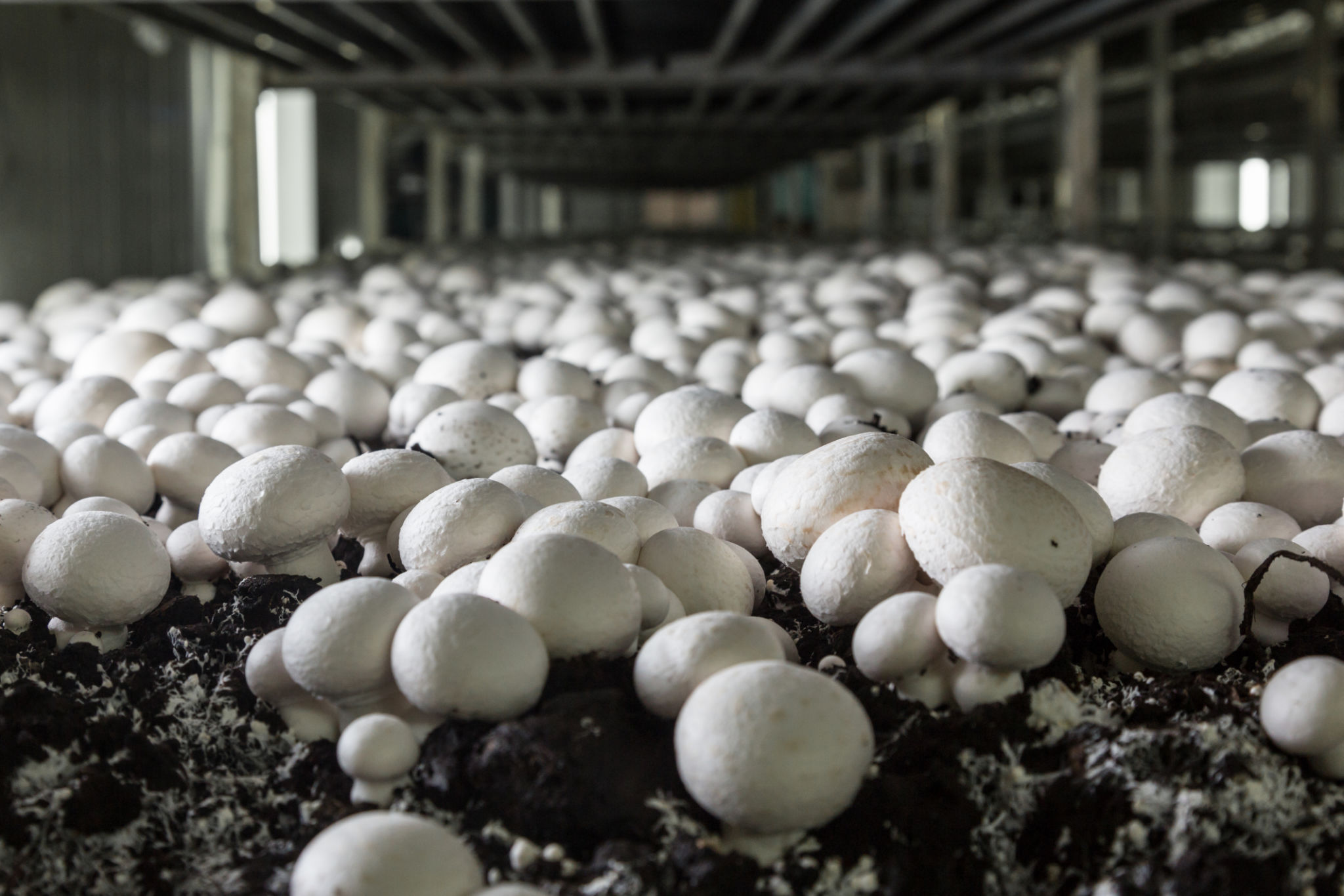Debunking Myths: Understanding Organic Mushroom Cultivation in Boise
Understanding Organic Mushroom Cultivation
In recent years, the demand for organic food has skyrocketed, and mushrooms are no exception. However, the world of organic mushroom cultivation is often shrouded in myths and misconceptions. In Boise, where the local food movement is thriving, understanding the truths behind these myths is essential for both growers and consumers.

Myth 1: Organic Mushrooms Grow Naturally Without Any Intervention
One common misconception is that organic mushrooms simply sprout up in the wild without human intervention. In reality, cultivating organic mushrooms requires careful planning and management. Mushroom farmers in Boise must meticulously manage conditions such as temperature, humidity, and substrate composition to ensure successful growth.
Organic certification also necessitates the use of organic materials and processes. This includes sourcing organic substrates like straw or sawdust and ensuring no synthetic chemicals are used throughout the cultivation process. Thus, organic mushroom cultivation is a deliberate and controlled agricultural practice.
Myth 2: Organic Mushrooms Are Always More Expensive
While it is true that organic products often come with a higher price tag, this isn't always the case with mushrooms. The cost of organic mushrooms can vary depending on factors such as local availability, seasonality, and production scale. In Boise, where local farming is prominent, buying directly from growers or at farmers' markets can offer more competitive pricing.
Moreover, the perceived cost difference is not solely about price per pound. Many consumers are willing to pay a premium for organic mushrooms due to their health benefits and environmental advantages. Supporting local organic farms also contributes to sustainable agriculture and community well-being.

Myth 3: All Organic Mushrooms Taste the Same
This myth couldn't be further from the truth. Organic mushrooms come in a variety of species, each offering unique flavors and textures. From the earthy richness of shiitakes to the delicate taste of oyster mushrooms, organic varieties provide diverse culinary experiences.
Boise chefs and home cooks alike appreciate the distinct characteristics of different mushroom types. Experimenting with a variety of organic mushrooms can elevate dishes and introduce new flavors to your palate.
Benefits of Organic Mushroom Cultivation
Beyond debunking myths, it's important to highlight the advantages of organic mushroom cultivation. These benefits include:
- Environmental Sustainability: Organic farming practices enhance soil health and reduce environmental pollution.
- Healthier Options: Organic mushrooms are free from synthetic chemicals, making them a healthier choice for consumers.
- Supporting Local Economies: Purchasing organic mushrooms from local Boise farms supports the regional economy and reduces carbon footprints through decreased transportation needs.

The Future of Organic Mushrooms in Boise
As awareness of sustainable agriculture practices grows, so does the interest in organic mushroom cultivation. In Boise, local initiatives and educational programs are encouraging more people to explore mushroom farming as a viable business. This not only contributes to the local food supply but also supports biodiversity and ecological balance.
By debunking myths and embracing the realities of organic mushroom cultivation, Boise can continue to foster a community that values sustainability, health, and local enterprise. Whether you're a grower or a consumer, understanding these truths helps ensure informed choices that benefit both people and the planet.
